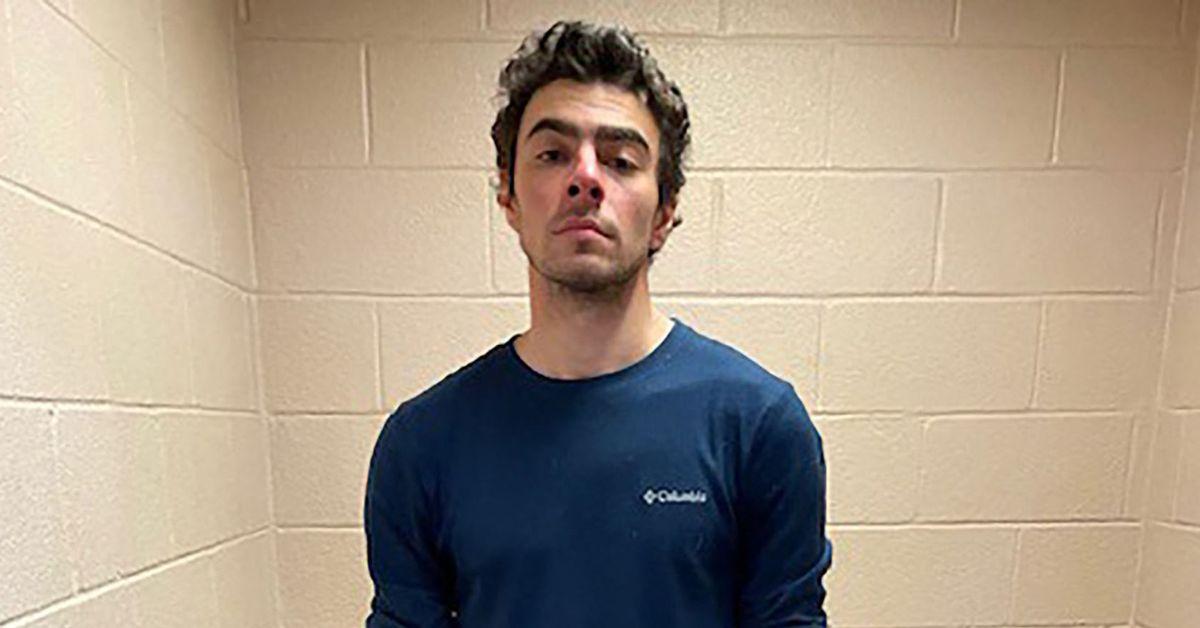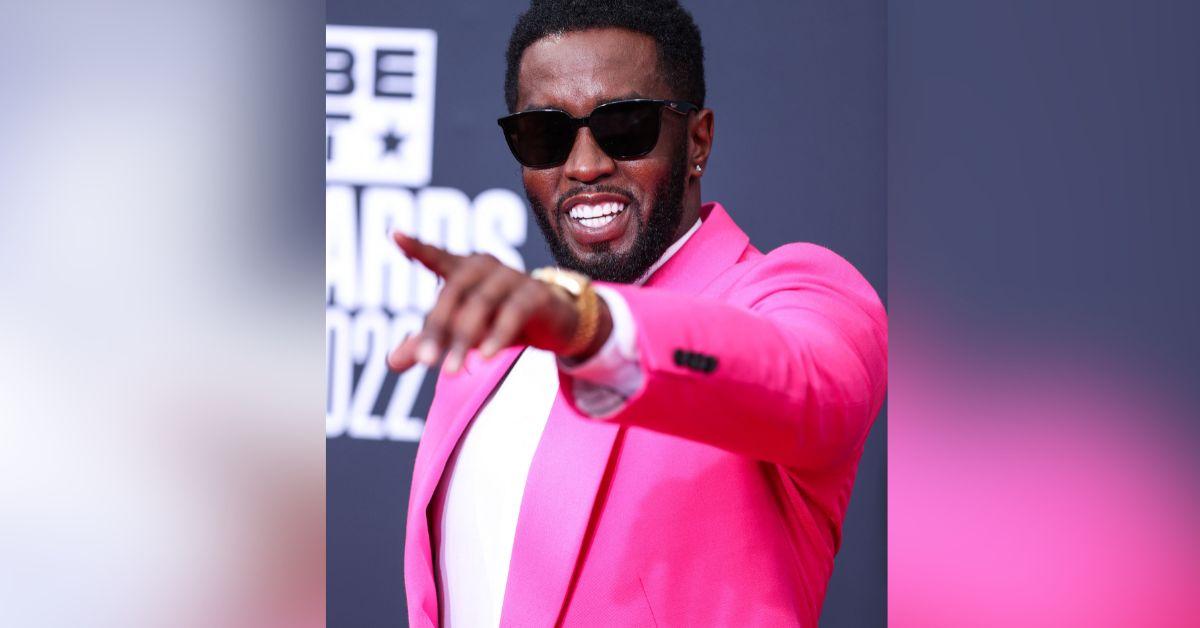Quadruple Murder Suspect Bryan Kohberger Could Use Same Tactic as Cult Mom Lori Vallow to ‘Avoid’ Death Penalty if Convicted
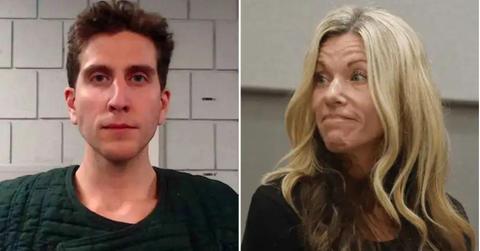
University of Idaho quadruple murder suspect Bryan Kohberger could employ the same tactic in court that "doomsday mom" and convicted killer Lori Vallow used to dodge the death penalty.
June 26 2024, Published 5:30 p.m. ET
Murder suspect Bryan Kohberger could employ the same tactic in court that "doomsday mom" and convicted killer Lori Vallow used to dodge the death penalty as he nears his own trial for the gruesome slayings of four University of Idaho students, RadarOnline.com has learned.
Kohberger, 29, is charged with the alleged murders of Kaylee Goncalves, 21, Madison Mogen, 21, Xana Kernodle, 20, and Ethan Chapin, 20. The college students were brutally stabbed to death in a home near the UI campus in Moscow on November 13, 2022. Kohberger was arrested about a month and a half later.
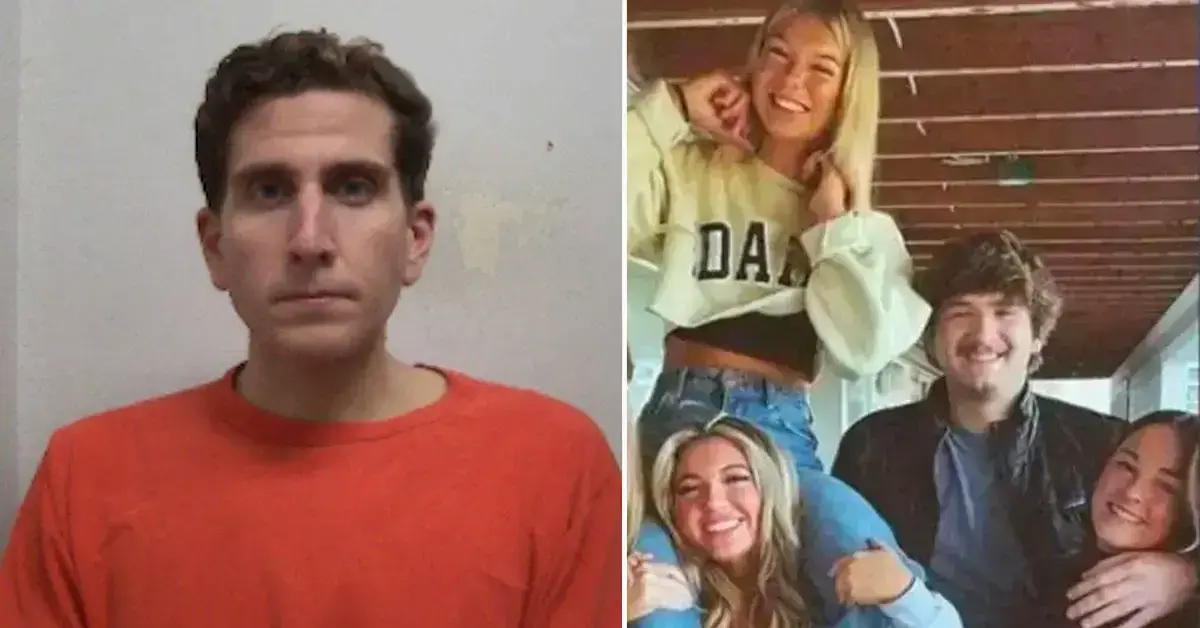
Kohberger is charged with the murders of college roommates Kaylee Goncalves, 21, Madison Mogen, 21, Xana Kernodle, 20, and Ethan Chapin, 20.
After a drawn-out pretrial process, the murder case is expected to go to a jury sometime next year, and an official trial start date will likely be set at a hearing this Thursday. Latah County Prosecutor Bill Thompson previously revealed that he plans to seek the death penalty if a jury finds Kohberger guilty.
As the trial looms, former federal prosecutor Neama Rahmani, who is not involved in the Idaho case, mused to The U.S. Sun about how Kohberger's lawyers may be plotting to avoid capital punishment for their client.
"The defense is throwing everything they can out there to get the death penalty off the table," Rahmani, the president of West Coast Trial Lawyers, told the outlet.
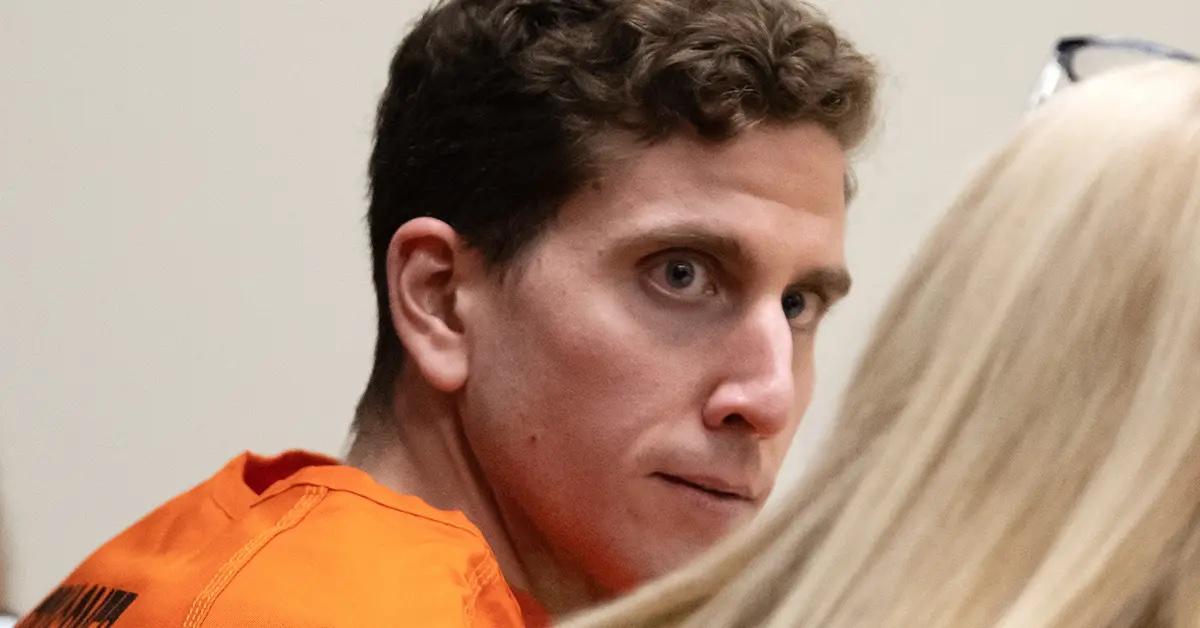
Prosecutors have said they plan to seek the death penalty if Kohberger is convicted.
He argued they might employ the strategy used by Vallow's team in her murder case, in which prosecutors were barred from pursuing the death penalty because the court found that they failed to share some evidence with the defense.
Last summer, Vallow was sentenced to life in prison without the possibility of parole for the murders of her two children, Joshua “JJ” Vallow, 7, and Tylee Ryan, 16. She was convicted of the killings along with her husband, Chad Daybell, and the pair was also found guilty of conspiracy to murder Chad's ex-wife, Tammy Daybell.
"The judge in the Lori Vallow case ruled that prosecutors couldn’t pursue the death penalty because they hadn't turned over discovery to her lawyers," Rahmani explained, "This is something that appellate courts will consider too, and there are mandatory state and federal appeals in capital cases."

Lori Vallow and her husband, Chad Daybell, were both convicted of the murders of Lori's two children.
During a pre-trial hearing last month, an officer with the Moscow Police Department testified about how cellphone records were used to allegedly place Kohberger at the scene of the crime in his white Hyundai Elantra before and after the murders took place.
The suspect's lawyers, however, claimed prosecutors were withholding some of this evidence from the defense team.
Rahmani predicted that Kohberger's attorneys would argue the cell phone data "isn't reliable" and that "it isn't synced with the video of the white Hyundai Elantra."

Prosecutors were barred from seeking the death penalty in Vallow's case because the court found they failed to share some evidence with the defense.

Powered by RedCircle
He also suspected they would "attack" the "single source DNA" evidence found at the crime scene, "saying that it was transferred." Officials said DNA collected from the murder weapon was a "statistical match" to a sample from trash at Kohberger's family home.
"There's not a lot of information that has been made public because of the very broad gag order in the case, so we'll have to wait until trial to find out what additional evidence the state has," the expert noted.
Kohberger, who was pursuing a PhD in criminology at UI, has pleaded not guilty to four counts of first-degree murder and one count of felony burglary. His lawyers have claimed he had an alibi: He was driving around stargazing several miles away during the attacks, they told the court.

